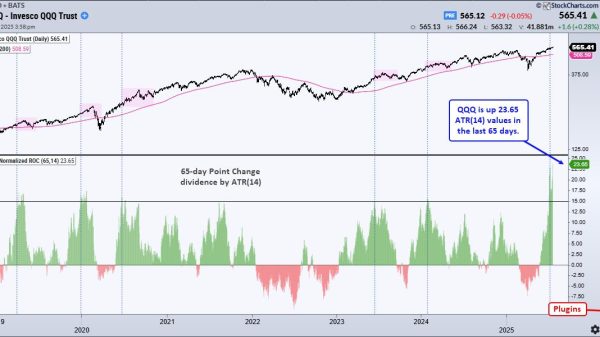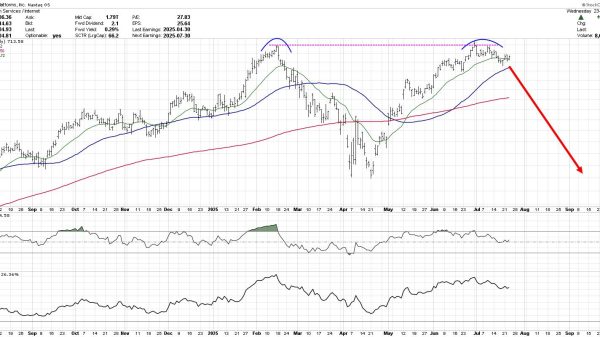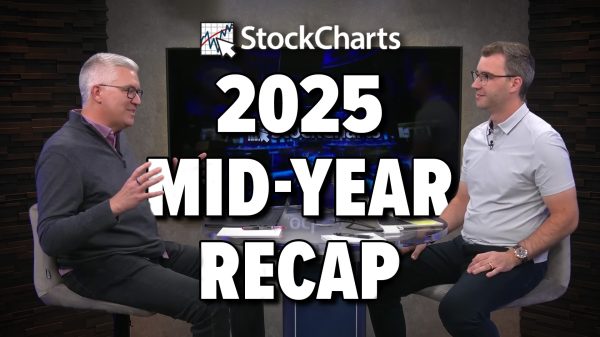
Source: Pixabay
The Canadian Securities Administration (CSA), the country’s securities watchdog, has proposed new regulatory requirements for public investment funds that looks to invest in crypto assets.
In a report released Thursday, the regulator announced certain rules that would restrict how public funds invest in cryptos.
Canadian securities regulators seek feedback on rules for public investment funds holding crypto assets. https://t.co/x82uL6XgTG pic.twitter.com/uKGSlCDD8S
— CSA_News (@CSA_News) January 18, 2024
For instance, the CSA noted that only alternative mutual funds and non-redeemable investment funds would be allowed to buy, sell and hold crypto assets directly.
“Mutual funds, other than alternative mutual funds, will only be permitted to invest in crypto assets by investing in underlying alternative mutual funds or non-redeemable funds that invest in crypto assets,” the regulator wrote.
Furthermore, the rules also clarified the type of crypto asset that investment funds need to hold. Additionally, public crypto asset funds cannot buy or hold cryptocurrencies that are not fungible – NFTs – due to their “characteristics that are incompatible with investment fund products offered to retail investors,” the report added.
“we are proposing to restrict investment funds to investing only in crypto assets that are listed for trading on, or are the underlying interest for a specified derivative where that specified derivative trades on, an exchange that has been recognized by a securities regulatory authority in Canada,” it stated.
CSA Seeks to Formalize New Rules for Crypto Investment Funds
The CSA further limited funds from using crypto as collateral in transactions, such as securities lending, repurchase transactions or reverse transactions.
“We are proposing to clarify that a ‘money market fund’ cannot buy or hold crypto assets,” the report further proposed.
The rules would also set custody requirements for crypto holdings, which acts to mitigate some of the unique risks. For instance, regulators proposed to keep crypto assets in offline storage referred to as “cold wallet” except when facilitating purchases or sales.
The regulators in Canada noted that the proposals would help investment fund managers with “greater regulatory clarity concerning investments in crypto assets.”
“We think this can facilitate new product development in the space while also ensuring that appropriate risk mitigation measures are built directly into the investment fund regulatory framework.”
The post Canadian Regulator Proposes Rules for Crypto-Centric Public Investment Funds appeared first on Cryptonews.





























